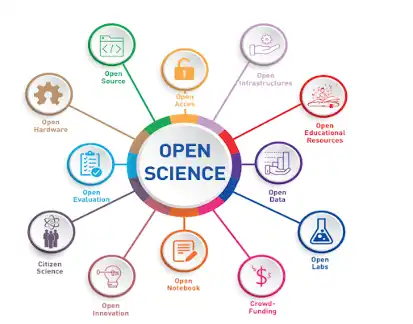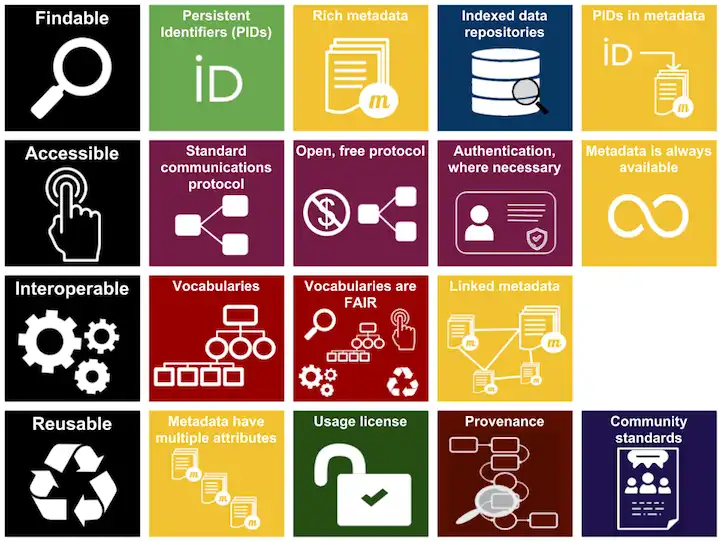
Home>Research support>Open Science at Sciences Po
Open Science at Sciences Po
In June 2021, Sciences Po published a declaration on Open Science.

Open science is the practice of making the results, methods, and outputs of scientific research freely available. It takes advantage of the digital transition to develop open access to publications and, to the fullest extent possible, to research data. (French Ministry of Higher Education, Research and Innovation, MESRI).
This commitment follows the French National Plan for Open Science and aligns with the global open science movement, particularly the policies of cOAlition S, a group of national and European research funding organisations.
The aim is to provide open access to the scientific publications of Sciences Po researchers and to facilitate data and code sharing and reuse based on the principles of FAIR (Findable, Accessible, Interoperable, Reusable) and “as open as possible, as closed as necessary”.

Dissemination of publications
SPIRE (Sciences Po Institutional REpository)
The Sciences Po open institutional repository promotes the dissemination and visibility of researchers’ work.
There are currently almost 12,000 publications available in full text in the open repository, which corresponds to 41% of the total repository.
Under Sciences Po’s open science policy, researchers are required to reference all their academic publications in the repository and to attach the full text as soon as possible.
- Access SPIRE (on the HAL platform)
- More information: noemie.musnik@sciencespo.fr
Open access publishing
All members of the research community are offered support on understanding the various open access publishing models, assessing journals, and intellectual property issues.
Researchers can also have their article processing charges (APC) covered for some of the journals to which the library subscribes.
- More information: delphine.lereculeur@sciencespo.fr
Researcher identifier
To make researchers’ publications visible online and identify their authors unambiguously and persistently, Sciences Po encourages the adoption of the international digital identifier ORCID and its alignment with the idHAL identifier, which is also recommended for depositing in SPIRE.
- Access the guide to creating and managing an Orcid identifier
- Access the tutorial on creating and managing an idHAL identifier
- More information: delphine.lereculeur@sciencespo.fr
Data sharing
Sciences Po encourages researchers to open their data according to disciplinary practices of data collection and production.
The university offers support on drafting Data Management Plans (DMPs), managing and documenting data according to FAIR principles, depositing data, and writing data papers.
- Explore the data.sciencespo warehouse: https://data.sciencespo.fr/
- Access the guide to research data management
- More information: cyril.heude@sciencespo.fr
For information on all the research support services offered by the library, please visit the dedicated page.